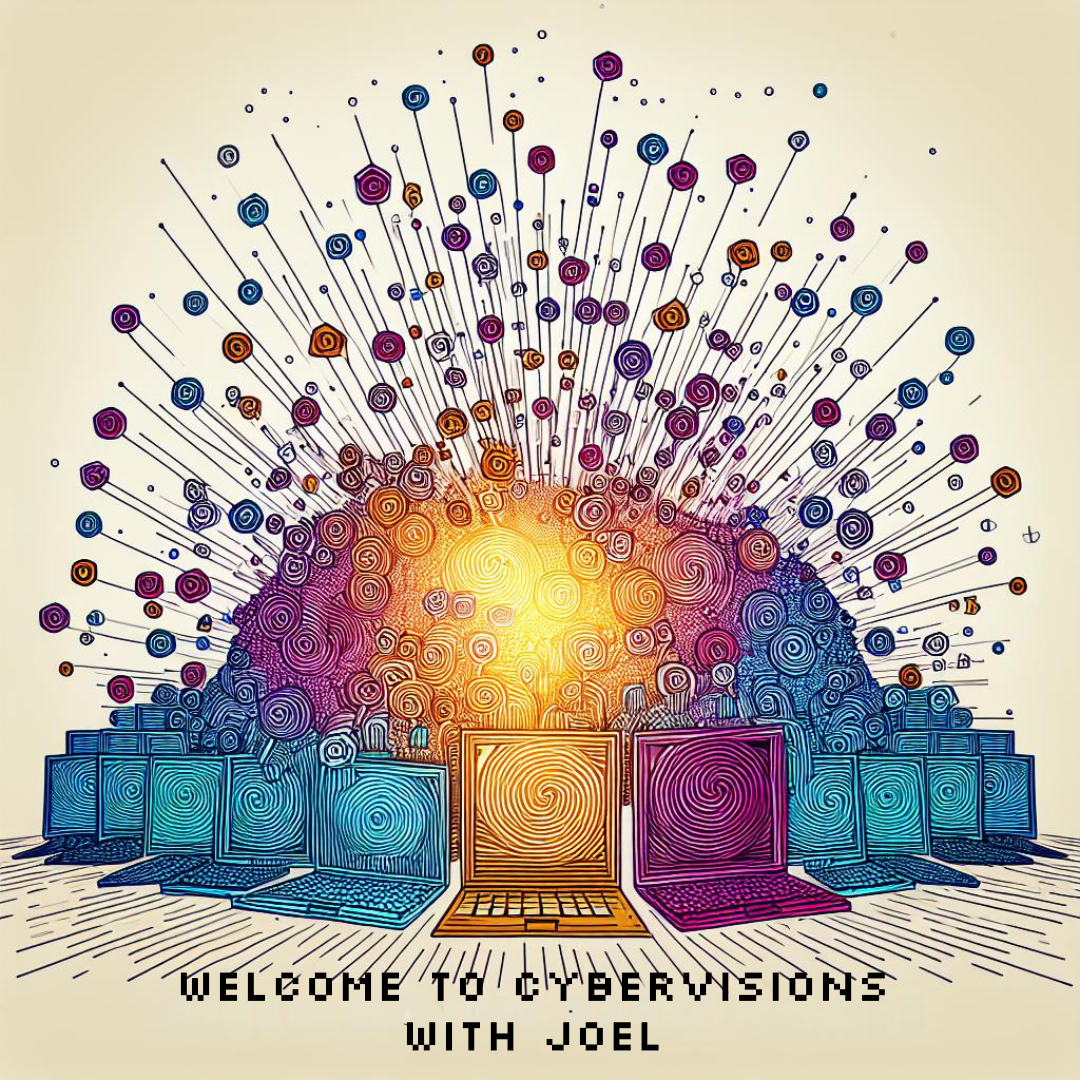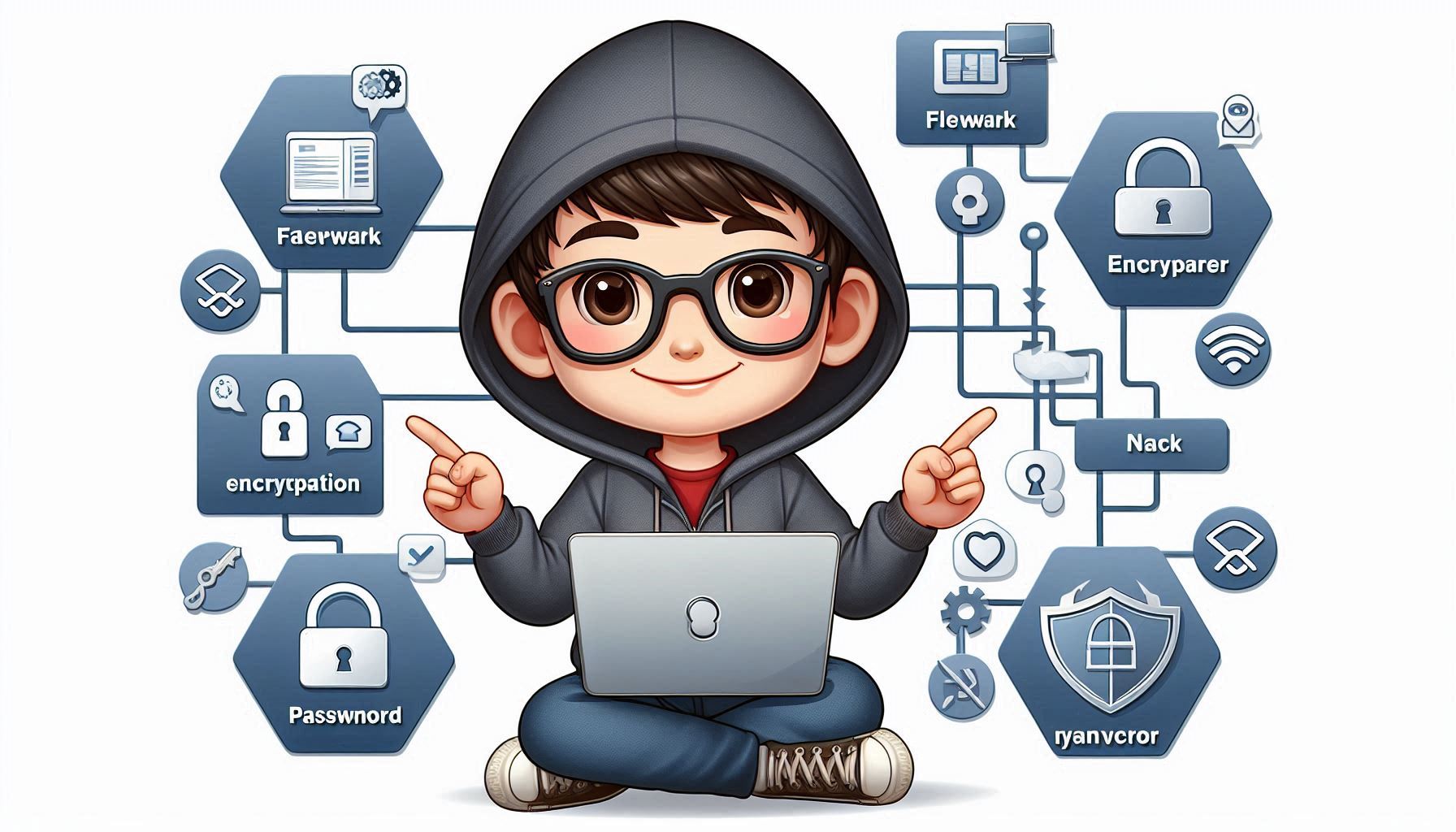A quick guide to Getting Started in Cybersecurity
 Ohekpeje Joel Odey
Ohekpeje Joel Odey
How to Get Started in Cybersecurity
Cybersecurity is one of the fastest-growing fields in the tech industry. It offers a wide range of opportunities to protect businesses and individuals from online threats. If you're interested in getting started, here's a straightforward guide:
1. Understand the Basics of Cybersecurity
Start by learning the fundamentals:
Confidentiality, Integrity, and Availability (CIA Triad): These are the core principles that govern cybersecurity.
Common Threats: Familiarize yourself with malware, phishing, ransomware, and social engineering attacks.
Basic Network Concepts: Learn how networks function, including key protocols like TCP/IP, DNS, and HTTP.
There are many free resources and courses that cover cybersecurity basics. Start with free online platforms like:
- Coursera, edX, Cybrary etc.
2. Choose a Path
Cybersecurity is broad, so you need to choose an area of focus:
Network Security: Securing computer networks from intrusions and attacks.
Application Security: Ensuring software applications are free from vulnerabilities.
Penetration Testing: Simulating attacks to identify and fix security gaps.
Incident Response: Managing and responding to security breaches.
Cloud Security: Protecting data and systems in cloud environments.
Start with a general understanding of each area, then narrow your focus. To know more about some technical and non-technical roles in cybersecurity, get this ebook as a guide.
3. Develop Technical Skills
Learn essential tools and languages:
Operating Systems: Focus on Linux and Windows security features.
Networking: Understand firewalls, VPNs, and IDS/IPS systems.
Programming/Scripting: Learn Python, PowerShell, or Bash to automate security tasks.
Tools: Get comfortable with tools like Wireshark, Metasploit, and Nmap.
Use virtual labs to practice. Sites like TryHackMe and Hack The Box provide hands-on experience with real-world scenarios.
4. Get Certified
Certifications are key in cybersecurity. They validate your skills and can make you more competitive in the job market. To mention a few:
CompTIA Security+: Entry-level certification that covers basic security concepts.
Certified Ethical Hacker (CEH): For those interested in penetration testing.
Certified Information Systems Security Professional (CISSP): Advanced certification focusing on overall security management.
5. Gain Experience
You don’t need formal job experience to start building your cybersecurity skills:
Internships: Many companies offer cybersecurity internships.
Bug Bounty Programs: Participate in bug bounty platforms like HackerOne and Bugcrowd to find vulnerabilities and get paid.
Volunteer: Offer to help small businesses or non-profits with their security needs.
Document your work and progress. This helps build your portfolio, which you can present to potential employers.
6. Join a community
The cybersecurity community is active and supportive. Join forums, attend conferences, and connect with professionals in the field. Some good places to start:
LinkedIn: Connect with cybersecurity professionals and follow industry leaders.
Local Meetups: Attend local cybersecurity events and network with others.
7. Stay Updated
Cybersecurity is constantly evolving. Stay informed by following industry blogs, news, and research:
- Krebs on Security, ThreatPost, Dark Reading etc
Subscribe to security podcasts and newsletters to keep your knowledge current.
Conclusion
Getting started in cybersecurity requires a combination of learning, practical experience, and certifications. Choose your path, build foundational skills, and gain hands-on experience to advance in this exciting and ever-growing field. This ebook should act as a guide to learn more about cybersecurity career paths.
Subscribe to my newsletter
Read articles from Ohekpeje Joel Odey directly inside your inbox. Subscribe to the newsletter, and don't miss out.
Written by

Ohekpeje Joel Odey
Ohekpeje Joel Odey
Cybersecurity professional sharing insights on securing ecosystems, exploring cloud tech, and simplifying concepts for pros, enthusiasts, and beginners alike.